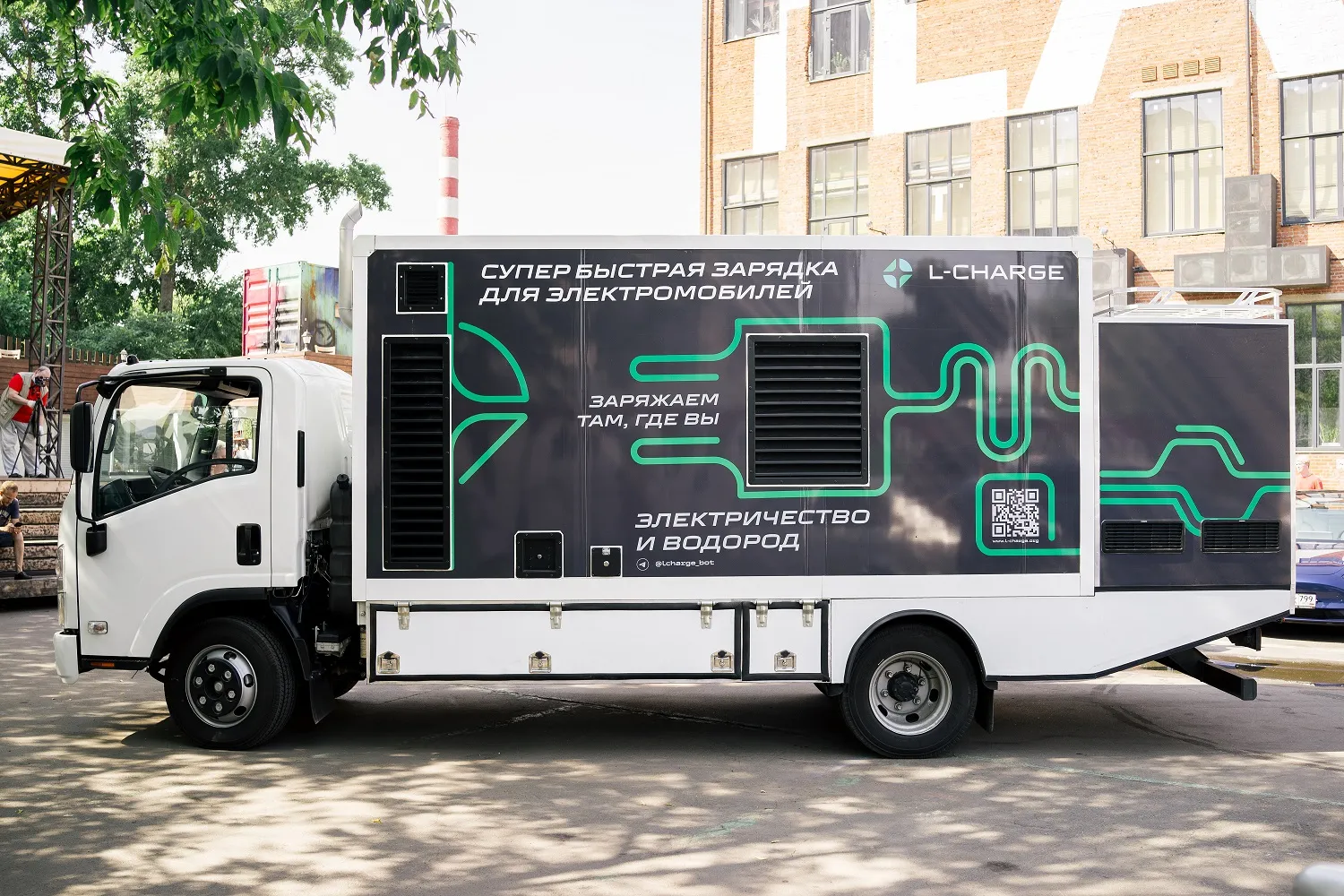BMW Group recently brought its ActiveE program to China to prepare for the future commercialisation of electric vehicles in the country. Twenty Beijing residents selected to participate in the project received the keys to the all-electric car they will be driving over the next year. Fifteen users in the southern city of Shenzhen will also get cars at the end of June to give the company an idea of how the model operates in the city's hot, humid climate, balancing the results from the test in the cooler, dri
June 25, 2013
Read time: 2 mins
Fifteen users in the southern city of Shenzhen will also get cars at the end of June to give the company an idea of how the model operates in the city's hot, humid climate, balancing the results from the test in the cooler, drier northern capital.
The ActiveE is a pure-electric vehicle based on the BMW 1 Series coupe, and is equipped with a 32-kilowatt-hour high pressure lithium battery that takes only four to five hours to charge through a 220V/32A power charger. Its average range of 160 km is enough to satisfy needs of daily urban commuting and transportation.
Despite the lack of a clutch or gearbox, the car can still achieve driving performance comparable to a conventional BMW. Its peak power is 170 hp and its top torque is 250 Nm. It accelerates from 0 to 100 km/h in just nine seconds.
The BMW ActiveE has already demonstrated its advantages as a reliable vehicle with zero emissions when it was used during the London Olympic Games to shuttle media and athletes.
Karsten Engel, president and CEO of BMW Group Region China, said at the handover that the BMW ActiveE Project opens a new chapter in the development of e-mobility.
"We will make concerted efforts with our partners and customers to push forward with the commercialisation of electric vehicles, and get fully prepared for the era of e-mobility," he said.








